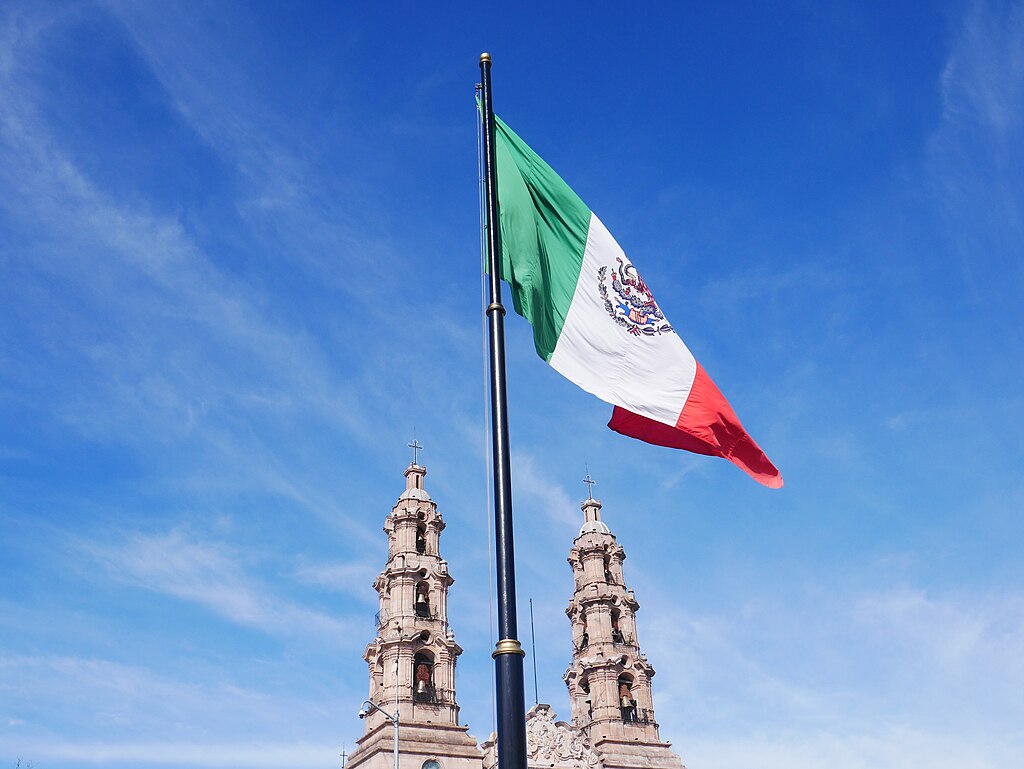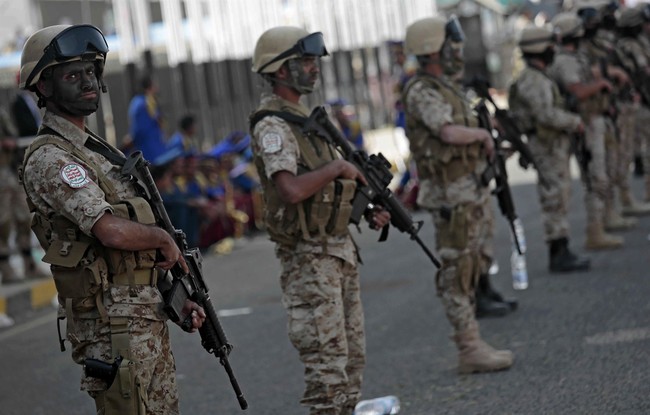Homelessness in the U.S.: A Crisis Under Scrutiny
Explore the complexities of the escalating homelessness crisis in the United States, fueled by social inequalities, economic pressures, and the challenges of affordable housing.
Published December 29, 2024 - 00:12am

Image recovered from stltoday.com
The United States is grappling with an alarming rise in homelessness, a phenomenon that has seen an 18% surge in the past year alone, as reported by the U.S. Department of Housing and Urban Development (HUD). This urban crisis underscores a critical challenge rooted in a lack of affordable housing, escalating rents, and the erosion of economic stability for many families and individuals across the nation.
In detailed reports from January, more than 770,000 individuals were recorded as homeless, an unsettling figure that highlights socio-economic disparities within the wealthiest nation on the planet. Key contributors to this spike include soaring inflation, stagnant wages among low-income households, and systemic racial discrimination further exacerbating the plight of Black and other minority communities, who make up a disproportionate percentage of the homeless population despite their smaller representation in the general demographic.
Naturał disasters are also playing a significant role in the homelessness epidemic. The Maui wildfire, considered the deadliest in U.S. history, displaced thousands, while recent devastating hurricanes and floods continue to dislocate residents, often leaving them with no viable housing alternatives. The cessation of temporary pandemic-era eviction protections and rental assistance programs has also accelerated the move towards the streets for many previously secure tenants.
Governmental responses present a mixed picture, with some taking aggressive stances against homelessness. Many western cities implement punitive measures against tent camps, a stance validated by a Supreme Court ruling that allows bans on outdoor sleeping. Critics argue this approach criminalizes those already marginalized by economic forces beyond their control.
There remains a glimmer of hope within this daunting landscape, particularly reflected in the decline of homelessness among U.S. veterans, which dropped by 8% to under 33,000. Analysts suggest that the targeted interventions and resources allocated to veterans could serve as a model for broader societal approaches to mitigating homelessness. Cities like Dallas and Los Angeles show success in reducing their homeless numbers through systemic operational overhauls and enhanced housing provision.
Despite this, California harbors nearly a quarter of the nation's homeless, especially pronounced in its urban centers, a stark testament to the ever-widening gap in social safety nets compared to other developed nations. These differences accentuate the broader societal inadequacies facing the U.S., where economic prosperity remains, tantalizingly, out of reach for many.
Moreover, the tent cities prevalent in major hubs like San Francisco, coupled with the rise of synthetic drug abuse among the homeless, add layers of complexity to addressing this crisis. The opioid epidemic, particularly the infiltration of fentanyl, introduces public health emergencies that intertwine devastatingly with homelessness.
This multi-faceted crisis calls for urgent, evidence-based action plans and robust policy interventions. Federal agencies alongside local governments must collaborate to craft strategies addressing the root economic and social disparities at the heart of homelessness. Until comprehensive, sustainable solutions are embraced, the prospects of reversing these trends remain bleak.







